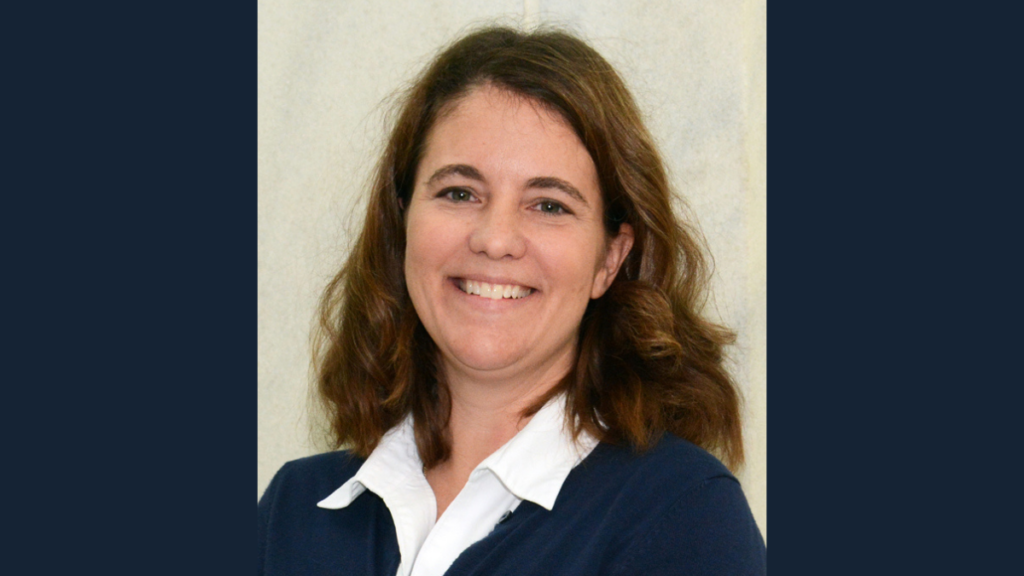West Virginia University’s (WVU) Center for Excellence in Disabilities can assist foster care placements and is the only center of its type in West Virginia.
If someone with a disability who is also in the state’s care cannot find a suitable home, they used to be institutionalized. That’s according to Lesley Cottrell, director of the center, and a professor in the WVU Department of Pediatrics.
Cottrell is working to reduce that outcome in West Virginia by connecting foster or adoptive families with foster children with disabilities, called Specialized Family Care.
“I think one of the largest outcomes is their success, by placing those individuals into homes and finding providers who will open their homes to individuals with disabilities, which reduces our state rate of institutionalization,” she said. “The default, if you don’t find a kind of loving home, the default is an institution, and we’ve moved away from that many years ago. So that keeps us awake at night and really pushes us on that Specialized Family Care to find those individuals who could be providers and open their homes to individuals.”
The center is part of a 62-center network nationally funded by Accountable Communities in Living. Cottrell said they learn from and contribute to the network.
“That network provides a lot of information about employment, about foster care, many things connected to community living as individuals with disabilities, and we share that back to West Virginia, but we also develop some things and contribute to that,” Cottrell said.
WVU’s Center for Excellence in Disabilities has been in operation for 43 years. It does not focus on one disability in particular but instead cares for those with disabilities at every age.
“Because we’re the only center of its type, we have a lifespan approach,” Cottrell said. “So we have some pediatric programs, we have some geriatric and all in between.”
Each organization in the national network provides four types of services: direct services, training, research and sharing of information.




















